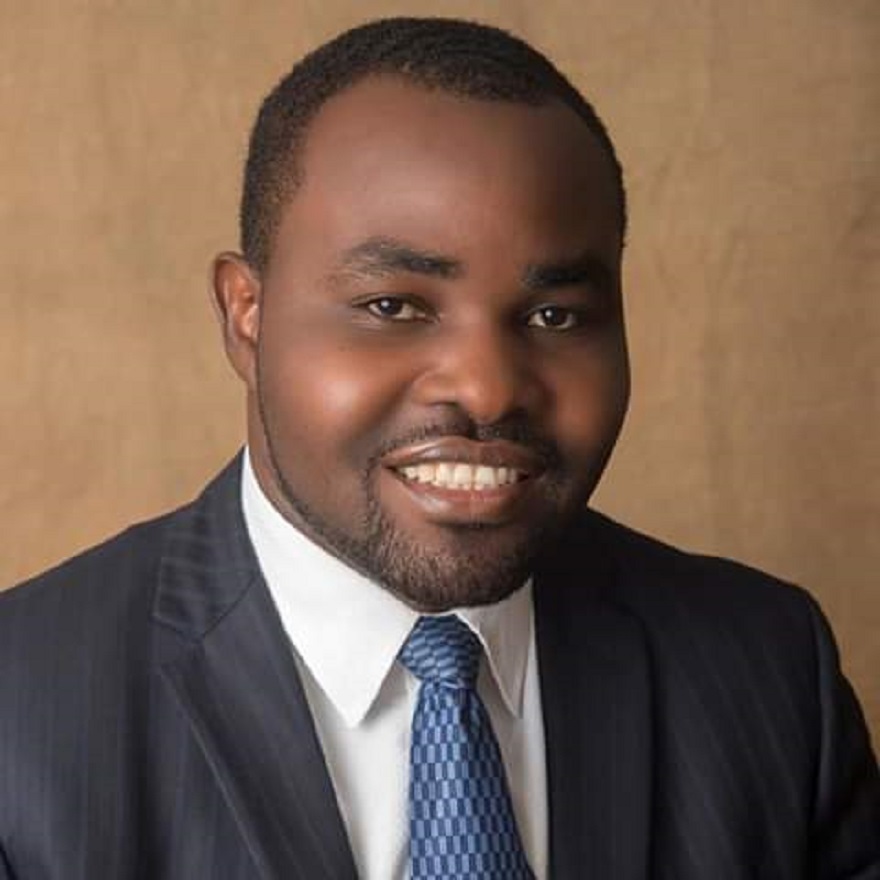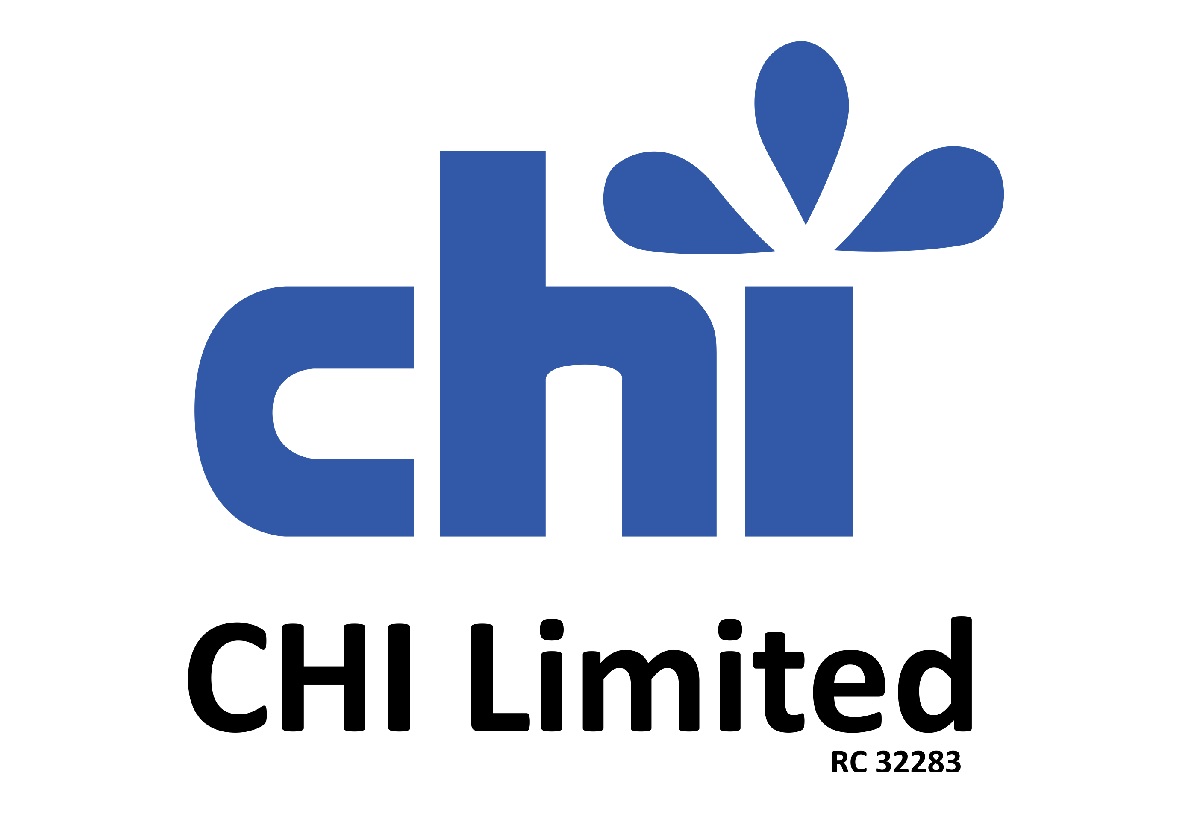Jobs/Appointments
Heifer International Picks Rufus Idris to Head Operations in Nigeria

By Aduragbemi Omiyale
An expert in development economics, Mr Rufus Idris, has been appointed as the new Nigeria Country Director for Heifer International.
The seasoned development specialist with cross-cultural experience spanning over 17 years was chosen to lead the Nigerian operations of the organisation and operationalize its global mission and strategy in Africa’s largest and most populous economy.
It was gathered that the new appointee assumed his duties in June 2021 and has already set the ball rolling.
“I am excited to join Heifer International as the Nigeria Country Director and to lead its innovative and inclusive in-country programs to end hunger and poverty, leveraging the creativity of our young women and men, new technologies, and strong public-private partnerships to unlock Nigeria’s potential for food sufficiency and a sustainable living income,” Mr Idris said.
The Senior Vice President for Africa Programs at Heifer International, Adesuwa Ifedi, while commenting on the choice of Mr Idris for the exalted position, stated that, “Rufus’s proven capacity as an administrator, mobiliser and excellent team player will serve him well in his new role as Country Director for Heifer Nigeria.
“His appointment will deepen Heifer’s interventions and support for Nigeria’s food systems resilience and sustainability agenda. I trust that he will provide the much-needed operational acumen required for Heifer International’s transformational journey in the years ahead.”
Mr Idris is an expert who has developed and led innovative economic development programs in Nigeria and the United States.
As Country Director for Heifer Nigeria, he will provide the leadership and the strategic focus required to develop and leverage public-private partnerships, implementing market-driven programs that address the systemic constraints and stimulating lasting market systems improvements for farmers to attain sustainable living incomes.
Prior to joining Heifer International, he served as Deputy Chief of Party for the USAID Feed the Future Nigeria Agribusiness Investment Activity, a five-year program aimed at strengthening the enabling environment for agribusiness finance and investment in five key value chains (rice, cowpea, soya, maize and aquaculture) and seven focal Nigerian states (Benue, Kaduna, Niger, Kebbi, Delta, Ebonyi and Cross River).
He was the Program Director for the UK Department for International Development (DFID) funded program Promoting Learning in Agribusiness using New Technologies (PLANT) where he led TechnoServe’s collaboration with DFID and the British Council to develop a more competitive agriculture sector in Nigeria by increasing innovation and uptake of technology within the sector.
He was also the Portfolio Manager for a DFID-funded – Market Development (MADE) Program in the Niger Delta region of Nigeria implemented by Development Alternatives Inc. (DAI).
Mr Idris holds a Master of Science in Community Economic Development from Southern New Hampshire University (Manchester, NH), Executive Education in Performance Measurement for Effective Management of Non-profit Organizations from Harvard University (Cambridge, MA), Bachelors degree in Biology from La Roche University (Pittsburgh, PA), and a Diploma in Fisheries Technology from Federal College of Fisheries and Marine Technology (Lagos, Nigeria).
Working with rural communities across Africa for 47 years, Heifer International supports farmers and local food producers to strengthen local economies and build secure livelihoods that provide a sustainable living income.
The organization is repositioning its work in Africa to invest in infrastructure, young agritech entrepreneurs, and smallholder farmers to support the transformation of the continent’s agricultural sector.
Heifer has the vision to support additional three million smallholder farmers in Africa to reach a sustainable living income. As a part of this commitment, the organisation has extended its operations to Nigeria to assist more than one million farmers (largely young men and women) to reach a sustainable living income by 2030 through strategic private and public sector partnerships, unlocking demand and market opportunities, leveraging finance across priority value chains, and leveraging innovation and emerging agricultural technologies to reach transformational scale.
Jobs/Appointments
Court Sanctions CHI Limited for Wrongful Employment Termination

By Modupe Gbadeyanka
The termination of the employment of one Mr Bodunrin Akinsuroju by CHI Limited has been declared as unlawful by the National Industrial Court of Nigeria.
Delivering judgment on the matter, Justice Sanda Yelwa of the Lagos Judicial Division of the court held that the sacking of Mr Akinsuroju did not comply strictly with the provisions of the contract of employment and the Employee Handbook.
Consequently, the company was directed to pay him the sum of N2 million as general damages for wrongful termination and N200,000 as costs of action, while Mr Akinsuroju was ordered to return the company’s properties in his possession or pay their assessed market value.
Justice Yelwa found that the contract agreement between both parties clearly required either party to give 30 days’ notice or payment in lieu of notice after confirmation of appointment, and there was no evidence that the employee was given the required notice or paid salary in lieu of notice.
The judge held that failure to comply with this fundamental term amounted to a breach of the contract of employment, thereby rendering the termination wrongful.
Mr Akinsuroju had claimed that the allegation of misconduct against him was unfounded and not established, maintaining that the disciplinary committee proceedings were prejudicial and that the termination of his employment was without justifiable cause and without compliance with the agreed terms of his employment.
In defence, CHI Limited contended that it had the right to terminate the employment of Mr Akinsuroju and that the termination was lawful and in accordance with the contract of employment and the Code of Conduct.
In opposition, counsel to Mr Akinsuroju submitted that the alleged breaches were not proved and that the termination letter took immediate effect without the requisite 30 days’ notice or payment in lieu of notice as stipulated in the letter of appointment and the Employee Handbook, urging the court to hold that the termination was wrongful and to grant the reliefs sought.
Jobs/Appointments
Tinubu Appoints Tunji Disu as Acting Inspector General of Police

By Modupe Gbadeyanka
President Bola Tinubu on Tuesday appointed Mr Tunji Disu as the acting Inspector General of Police (IGP), following the resignation of Mr Kayode Egbetokun.
Mr Disu, an Assistant Inspector General of Police (AIG), was recently moved to the Force Criminal Investigation Department (FCID) Annex, Alagbon, Lagos.
A statement today by the Special Adviser to the President on Information and Strategy, Mr Bayo Onanuga, disclosed that the President would convene a meeting of the Nigeria Police Council shortly to formally consider the appointment of Mr Disu as substantive IGP, after which his name will be transmitted to the Senate for confirmation.
Mr Tinubu expressed confidence that Mr Disu’s experience, operational depth, and demonstrated leadership capacity would provide steady and focused direction for the Nigeria Police Force during this critical period.
He reiterated his administration’s unwavering commitment to enhancing national security, strengthening institutional capacity, and ensuring that the Nigeria Police Force remains professional, accountable, and fully equipped to discharge its constitutional responsibilities.
Mr Egbetokun was said to have resigned from the position due to pressing family considerations.
President Tinubu, who accepted the resignation letter, expressed his profound appreciation for Mr Egbetokun’s decades of distinguished service to the Nigeria Police Force and the nation. He acknowledged his dedication, professionalism, and steadfast commitment to strengthening internal security architecture during his tenure.
Appointed in June 2023, Mr Egbetokun was serving a four-year term scheduled to conclude in June 2027, in line with the amended provisions of the Police Act.
The statement disclosed that his replacement was in view of the current security challenges confronting the nation, and acting in accordance with extant laws and legal guidance.
Jobs/Appointments
Tunji Disu to Become New IGP as Egbetokun Quits

By Adedapo Adesanya
Mr Tunji Disu, an Assistant Inspector General of Police (AIG), has reportedly replaced Mr Kayode Egbetokun as the new Inspector General of Police (IGP).
Mr Egbetokun resigned from the position on Tuesday after he was said to have held a meeting with President Bola Tinubu on Monday night at the Presidential Villa in Abuja.
President Tinubu appointed Mr Egebtokun as the 22nd IGP on June 19, 2023, with his appointment confirmed by the Nigeria Police Council on October 31, 2023.
Appointed as IGP at the age of 58, Mr Egbetokun was due for retirement on September 4, 2024, upon reaching the mandatory age of 60, but his tenure was extended by the President, creating controversies, which trailed him until his exit from the force today.
Although the police authorities are yet to comment on the matter or issue an official statement about his resignation, the move came amid reports suggesting that Mr Egbetokun has left the position.
Mr Egbetokun’s tenure was marred by a series of controversies; he recently initiated multiple charges against activist Mr Omoyele Sowore and his publication, SaharaReporters, after Mr Sowore publicly described him as an “illegal IGP.”
The dispute escalated into protracted legal battles, with the Federal High Court issuing injunctions restricting further publications relating to the former police chief and members of his family. Critics interpreted these court actions as attempts to stifle dissent and weaken press freedom.
His replacement, Mr Disu, was posted to oversee the Force Criminal Investigation Department (FCID) Annex, Alagbon, Lagos, some days ago.
-

 Feature/OPED6 years ago
Feature/OPED6 years agoDavos was Different this year
-
Travel/Tourism10 years ago
Lagos Seals Western Lodge Hotel In Ikorodu
-

 Showbiz3 years ago
Showbiz3 years agoEstranged Lover Releases Videos of Empress Njamah Bathing
-

 Banking8 years ago
Banking8 years agoSort Codes of GTBank Branches in Nigeria
-

 Economy3 years ago
Economy3 years agoSubsidy Removal: CNG at N130 Per Litre Cheaper Than Petrol—IPMAN
-

 Banking3 years ago
Banking3 years agoSort Codes of UBA Branches in Nigeria
-

 Banking3 years ago
Banking3 years agoFirst Bank Announces Planned Downtime
-

 Sports3 years ago
Sports3 years agoHighest Paid Nigerian Footballer – How Much Do Nigerian Footballers Earn












